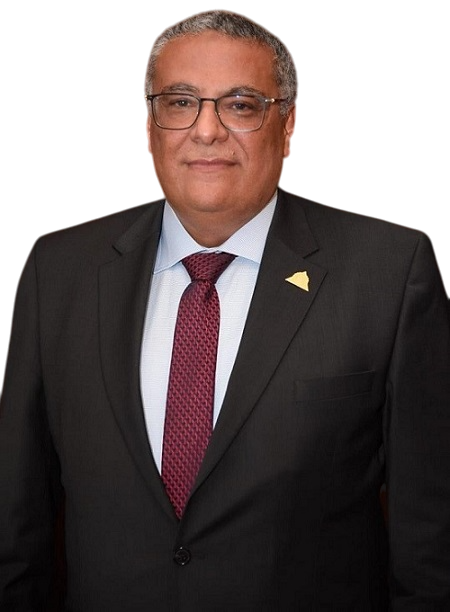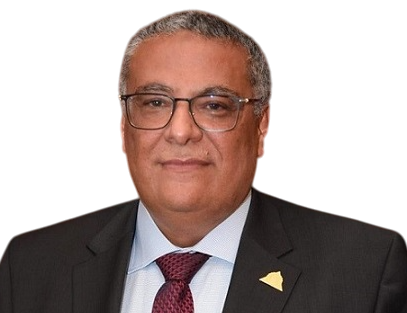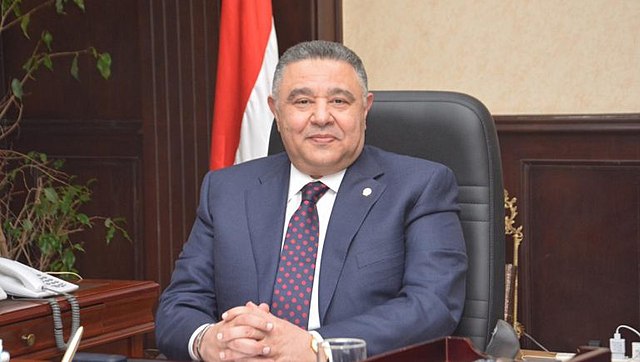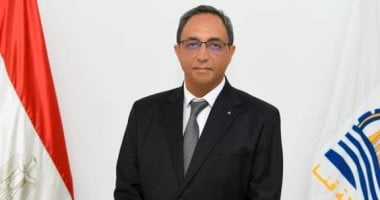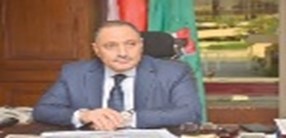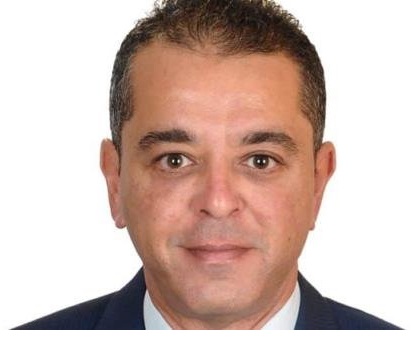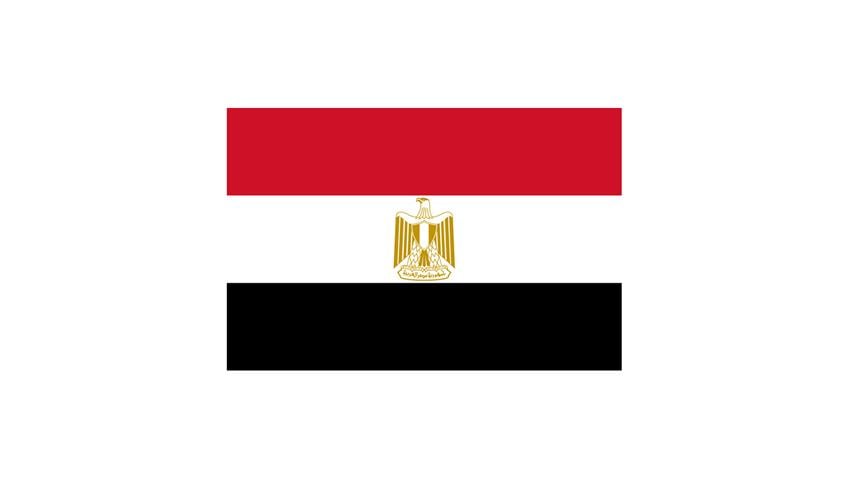In the Name of God, the Most Gracious, the Most Merciful
“And say, 'Work, for God will see your work, and [so will] His Messenger and the believers.'”
God's Word is true.
The state's interest in Upper Egypt has been evident since His Excellency President Abdel Fattah El-Sisi assumed the presidency in 2014. His directives were to realize the dream of our children and families in the Upper Egypt governorates, providing a decent life and a promising future that achieves prosperity and well-being for the governorates. His first decision was Presidential Decree No. 341 of 2017 establishing the Golden Triangle Economic Zone (Quseir, Safaga, Qena, and Qift). This zone is subject to Law No. 83 of 2002, as amended by Law No. 27 of 2015, regarding special economic zones. It is worth noting that the region boasts numerous developmental assets, such as mineral wealth and a strategic geographic location, placing it at the forefront of the region. Economic Zones Relying on Sustainable Development Axis
Prime Ministerial Decree No. 1788 of 2017 established the General Authority for the Golden Triangle Economic Zone, a public legal entity under the Prime Minister's authority. The Authority will be responsible for implementing economic and development projects to achieve integrated and sustainable development in accordance with Egypt's 2030 Strategy, through a vision, objectives, and implementation steps in Upper Egypt. Its most important objective is to involve Upper Egyptians in the implementation of development projects.
The Golden Triangle region, which covers an area of approximately 2.2 million acres, boasts sustainable development potential due to its strategic location overlooking the Red Sea, an 80-km-long coastline, and the Safaga Port. It is bordered by a network of paved roads that facilitate logistics operations, and its proximity to three airports (Hurghada Airport, Aswan Airport, and Marsa Alam Airport).
Given the mineral wealth of Egypt's Eastern Desert, particularly in the area bordering the Safaga-Qena axis to the north and the Quseir-Qift axis to the south, and the political leadership's desire to develop Upper Egypt through the implementation of a series of economic projects with lucrative and direct economic returns, including mineral extraction projects and the establishment of value-added industries based on these raw materials.
According to a study conducted by Dappolonia over 2015-2016, the study outlined a 30-year development plan for the region, to be implemented in five phases. The first four phases will last five years, while the final phases will last ten years. The goal is to create approximately 350,000 job opportunities over the project's lifetime.
